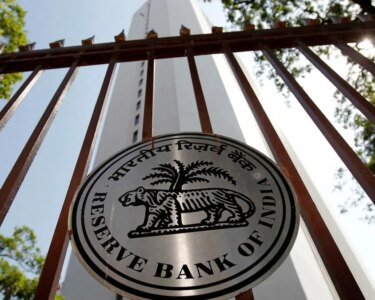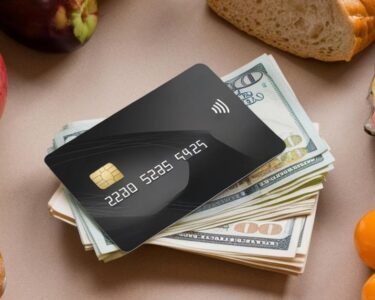With inflation, rising credit card rates and the pressure to “keep up,” many millennials are turning to personal loans as a way to get out of debt faster. Debt consolidation through a personal loan can offer a clean slate and replace multiple high-interest payments with a single, predictable one. But according to experts, the strategy only works if it’s used wisely.
See Next: 3 Signs You’ve ‘Made It’ Financially, According to Financial Influencer Genesis Hinckley
Trending Now: Here’s the Minimum Salary Required To Be Considered Upper Class in 2025
Here are top ways to make sure a personal loan actually helps, not hurts.
If you’re juggling multiple credit card bills every month, a personal loan could be the reset button you need. By rolling several high-interest debts into a single loan with a fixed term, you’ll likely get a lower rate and just one monthly payment to manage.
“Having one predictable monthly payment allows you to simplify your finances and reduce the total interest you pay over time,” said Hallie Kraus, certified financial planner (CFP) and private wealth advisor at Treehouse Wealth Advisors.
Check Out: I’m a Financial Advisor: My Wealthiest Clients All Do These 3 Things
But Kraus cautioned against confusing this strategy with debt relief or credit repair schemes. “Many of which are predatory or outright scams,” she said. A legitimate personal loan can streamline your debt, but only if the terms work in your favor.
In theory, personal loans offer lower interest rates than credit cards. But that’s not always the case, especially for borrowers with poor credit.
“The problem is when you have bad credit, you’re not getting that super-low 8 to 10% interest rate,” said Howard Dvorkin, chairman of Debt.com. “In extreme cases, you might not save a dime, because the personal loan might actually charge more than the interest on your existing credit cards.”
Before applying, check your credit score and shop around. Compare not just the interest rate but also the origination fee, which can range from 1% to 10% of the loan. And watch for prepayment penalties some lenders charge you for paying the loan off early.
A lower payment and zero credit card balances might feel like a reset, but it’s only effective if you stay disciplined.
“Consolidating debt doesn’t pay it off. You’ll still owe the money,” said Natalia Brown, chief compliance and consumer affairs officer at National Debt Relief. “Meanwhile, you’ll find yourself holding a stack of credit cards with no balances. This can be a tempting situation.”




